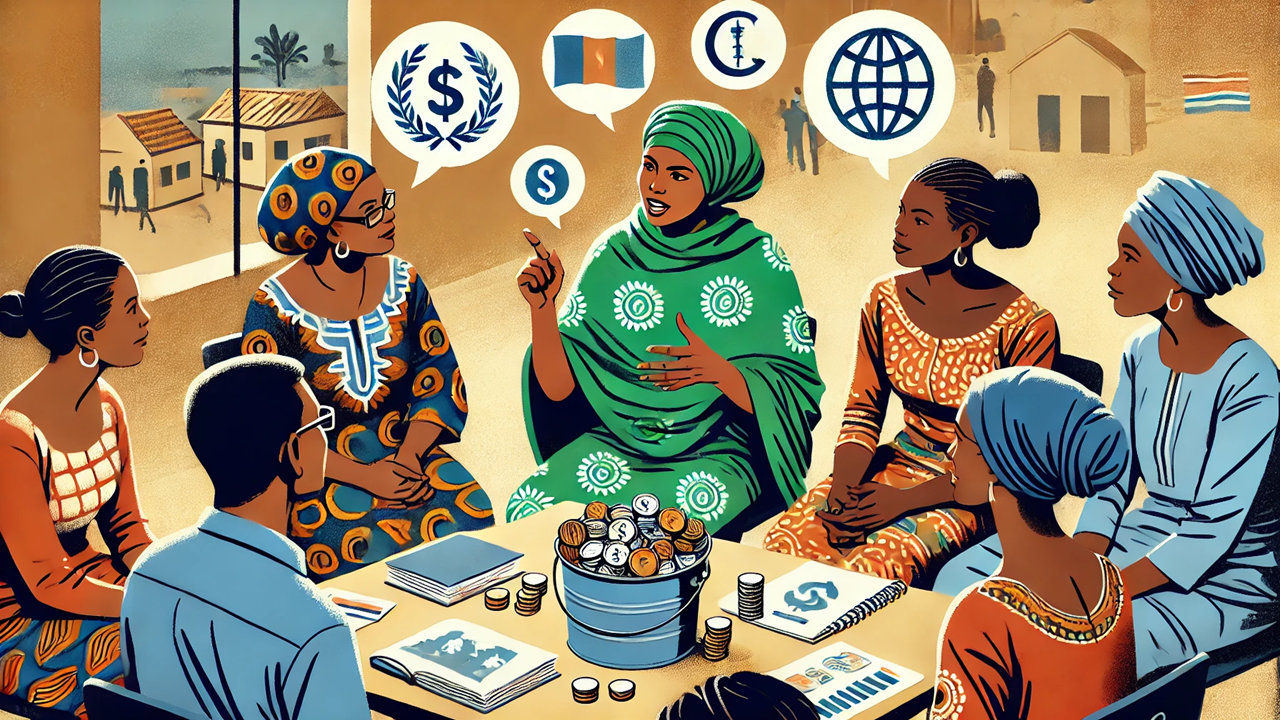The UN Committee on the Elimination of Discrimination against Women (CEDAW) has issued a landmark directive, General Recommendation 40 (GR40), calling for gender parity across all decision-making arenas. The new guidance, emphasizing the importance of 50-50 representation, seeks to ensure that women and girls have equal access to roles in public and private sectors, economic governance, and digital spaces, marking a significant shift from previous targets of 30% representation.
CEDAW clarified that “equal and inclusive representation” must be the standard across all platforms to meet the Convention’s goal of eliminating gender discrimination. The Committee argued that a lower threshold “conveys a message that inequality between women and men is justifiable,” and urged all States to move towards full parity to address national, regional, and global issues like political stability, economic growth, climate change, and digital advancement.
The current statistics underscore the need for change. In 2022, only 16% of peace negotiators were women, and gender-based provisions featured in only 33% of peace agreements. Women hold 27% of parliamentary seats globally and only 35% in local government. This underrepresentation persists despite research indicating that women’s political leadership results in more stability, peace, and people-focused governance.
The guidance calls on States to take immediate measures to ensure equal representation of women in peacebuilding and conflict prevention. With 41% of current conflicts linked to resource competition and climate issues, CEDAW advocates for a gender-responsive peace agenda and an expansion of the Women, Peace, and Security (WPS) agenda to address emerging threats.
Addressing Economic Disparities in Leadership
Despite women making up a significant portion of the workforce, they hold only 28.2% of management roles globally. The new directive highlights that women are often in lower-paying, informal jobs, limiting their upward mobility. CEDAW calls on governments to eliminate barriers to equal economic participation, including discriminatory pay gaps, restrictive regulations, and unequal access to resources like financial services and technology.
The recommendation urges States to build inclusive, rights-based economies and promote parity in financial decision-making bodies, multilateral financial institutions, and capital markets. Such inclusion, CEDAW states, is essential to achieving Sustainable Development Goals and ensuring resilient economies.
Closing the Gender Gap in Technology and Artificial Intelligence
The Committee’s guidance also tackles the digital divide, noting women’s severe underrepresentation in tech and AI sectors. With AI advancements often reflecting and exacerbating gender biases, GR40 calls for active inclusion of women in developing these technologies. The UN encourages governments to create pathways for women in science, technology, engineering, and mathematics (STEM) fields, and to adopt gender-inclusive policies to foster a diverse and balanced technological landscape.
Seven Pillars of Equal and Inclusive Representation
The guidance rests on seven pillars for equal representation in decision-making, emphasizing gender parity as a starting point and universal norm. Additional pillars include intersectional inclusion, equal power beyond numeric targets, comprehensive participation across all spheres, structural transformation, and strong representation of women in civil society. States are also urged to conduct regular gender audits in parliamentary and government offices to ensure that reforms effectively promote gender-responsive leadership.
Global Launch Event and Next Steps
To launch this guidance, CEDAW will convene a meeting on October 25 at the Palais des Nations in Geneva. The event will feature UN High Commissioner for Human Rights Volker Türk, alongside other stakeholders, to discuss strategies for implementing GR40 in States party to the Convention.











